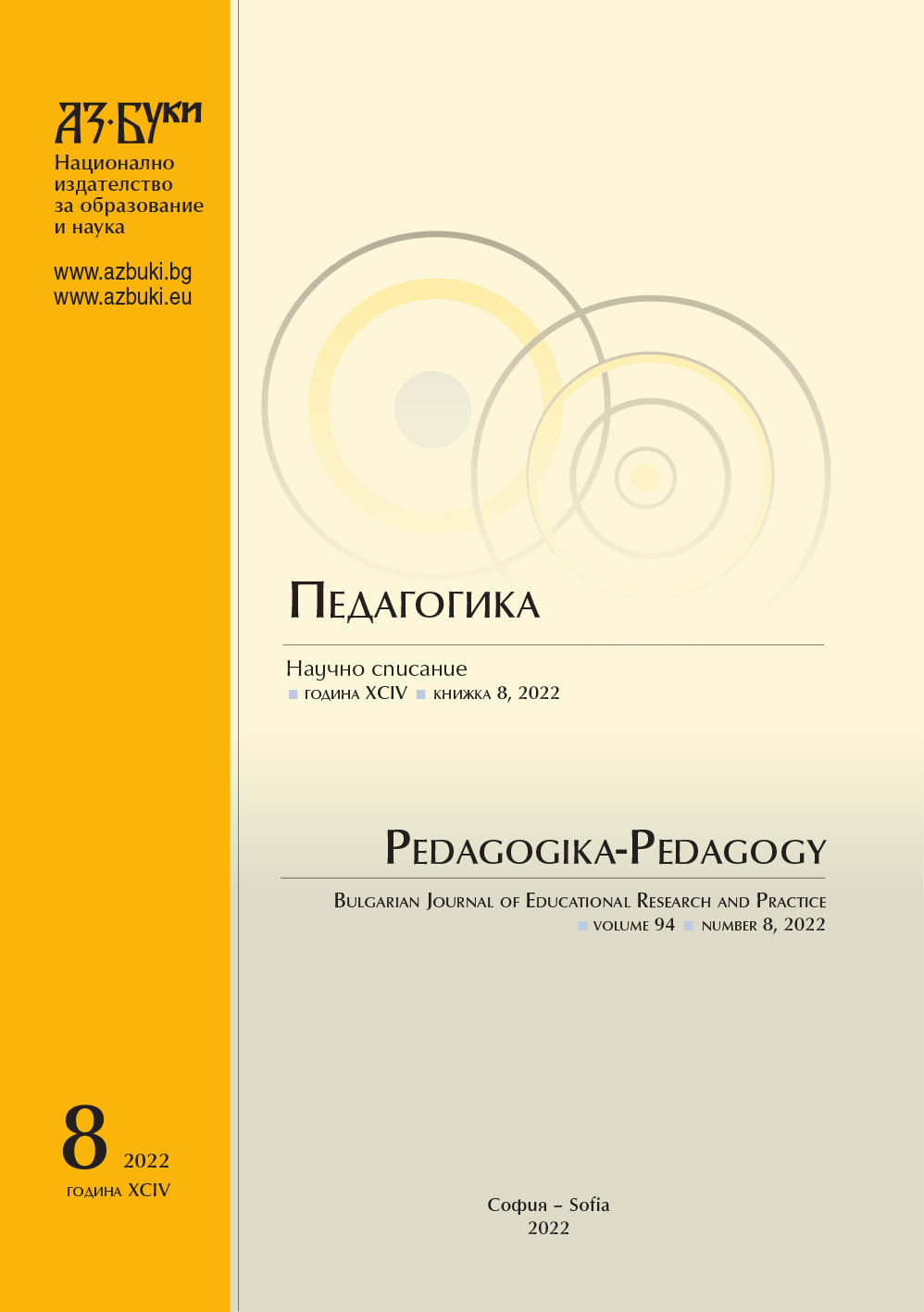Дигитални компетентности и образователни неравенства в европейски контекст в резултат от ускорено преминаване към електронно дистанционно обучение (в условията на пандемията от COVID-19)
Digital Competences and Educational Inequalities in European Contex as a Consequence of an Accelerated Shift to Distance E-learning in the COVID-19 Pandemic
Author(s): Roumiana Peytcheva-Forsyth, Bistra Mizova, Galin TsokovSubject(s): Social Sciences, Education, Distance learning / e-learning
Published by: Национално издателство за образование и наука „Аз-буки“
Keywords: COVID-19 pandemic; remote e-learning; digital competencies of educational stakeholders; educational inequalities
Summary/Abstract: This paper presents synthesized results from a rapid review based on a meta-analysis of evidence from the effects of the COVID-19 pandemic on education in 11 European countries in the context of the “emergency” transition of school systems to remote e-learning. The study sets out to answer two main research questions – 1) in the field of digital competences of participants in the school system (teachers, parents and students) and 2) in the area of contextual factors and conditions that have caused and/or reinforced educational inequalities during the emergency distance e-learning. The data and results of the review study lead to the conclusion that, regardless of the pre-pandemic levels (even at high ones) of digitalization and technological equipment of European education systems and the relatively well developed digital competencies of educational actors, the situation of an emergency transition to a fully digital modality of learning is accompanied by many challenges and is perceived by actors as highly stressful. The results of the meta-analysis outline several areas in which an increase in educational inequalities in the context of “crisis” distance e-learning has been reported. These are 1) an increasing of the digital divide between students based on the socio-economic situation of their families, with the effect that risking non-inclusion or outright drop-out from the e-distance learning process; 2) age-related educational inequalities, with the result of a lack or a stagnation of self-regulated learning skills, which makes students at lower educational stages almost entirely dependent on parental support; 3) an amplification of educational barriers for specific groups of disadvantaged students, such as children with special needs, migrant children, refugee children, etc., the effects of which lead to an accumulation of learning losses, lag in personal skill development and also in their socio-cultural inclusion through education.
Journal: Педагогика
- Issue Year: 94/2022
- Issue No: 8
- Page Range: 963-981
- Page Count: 18
- Language: Bulgarian

